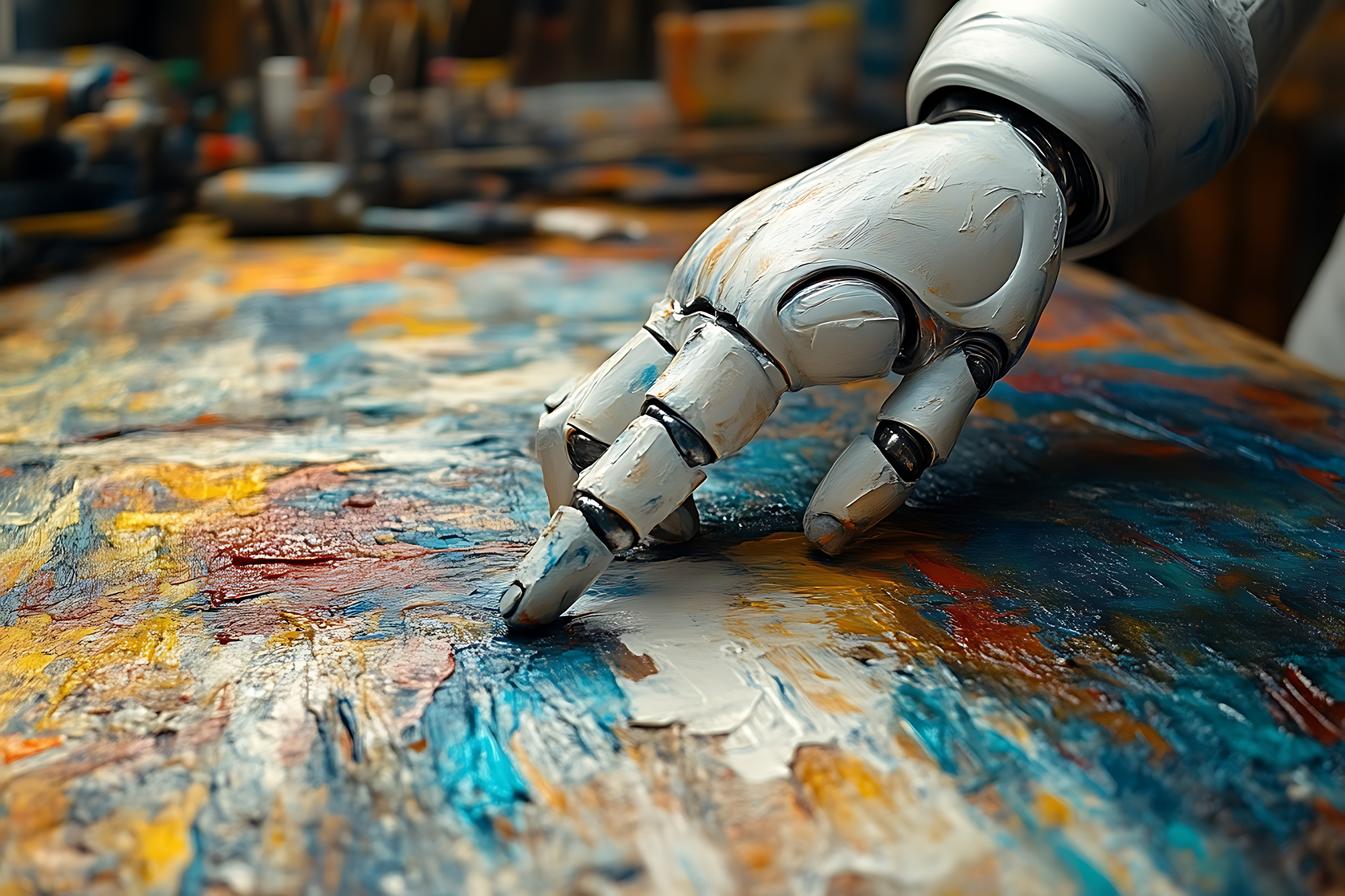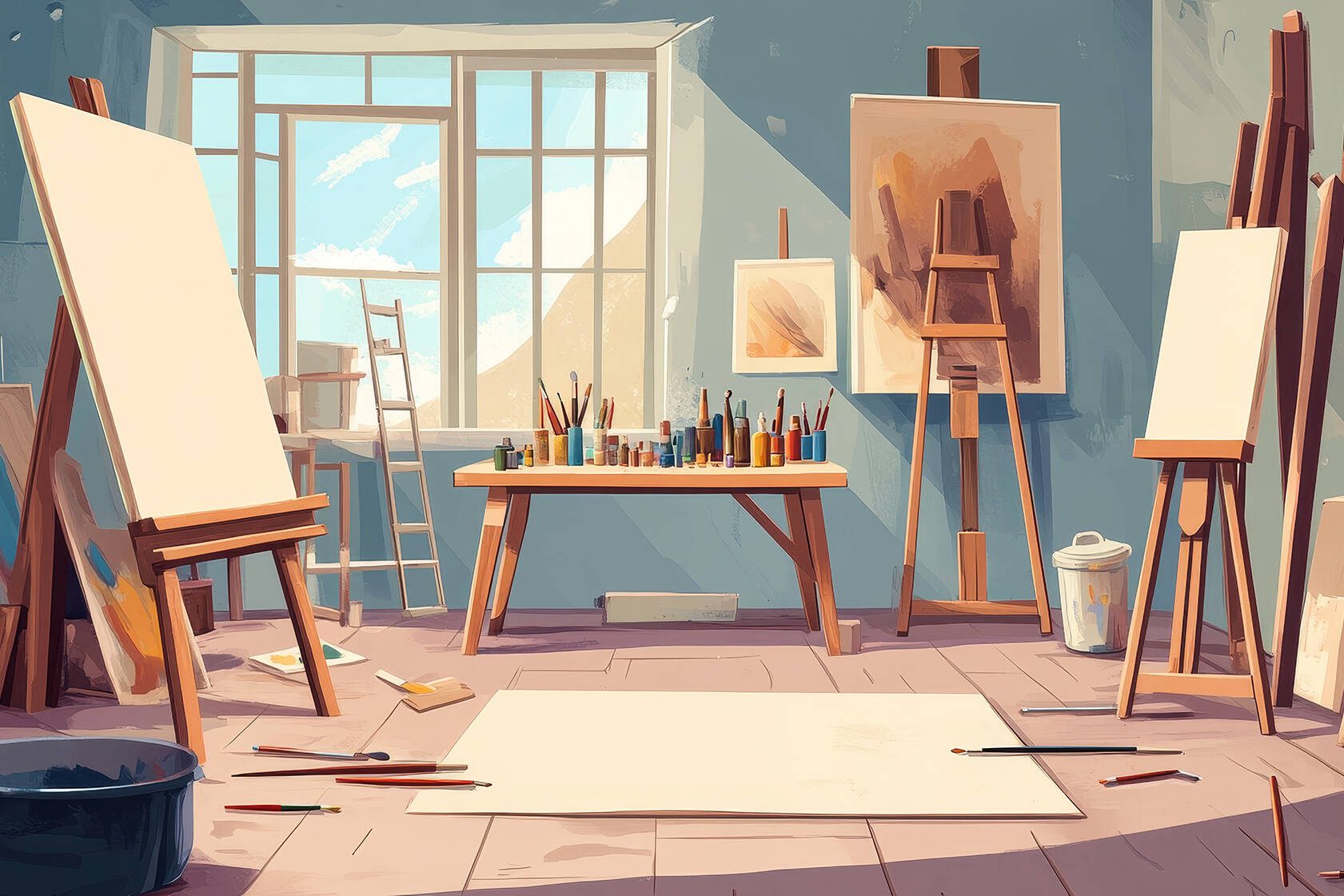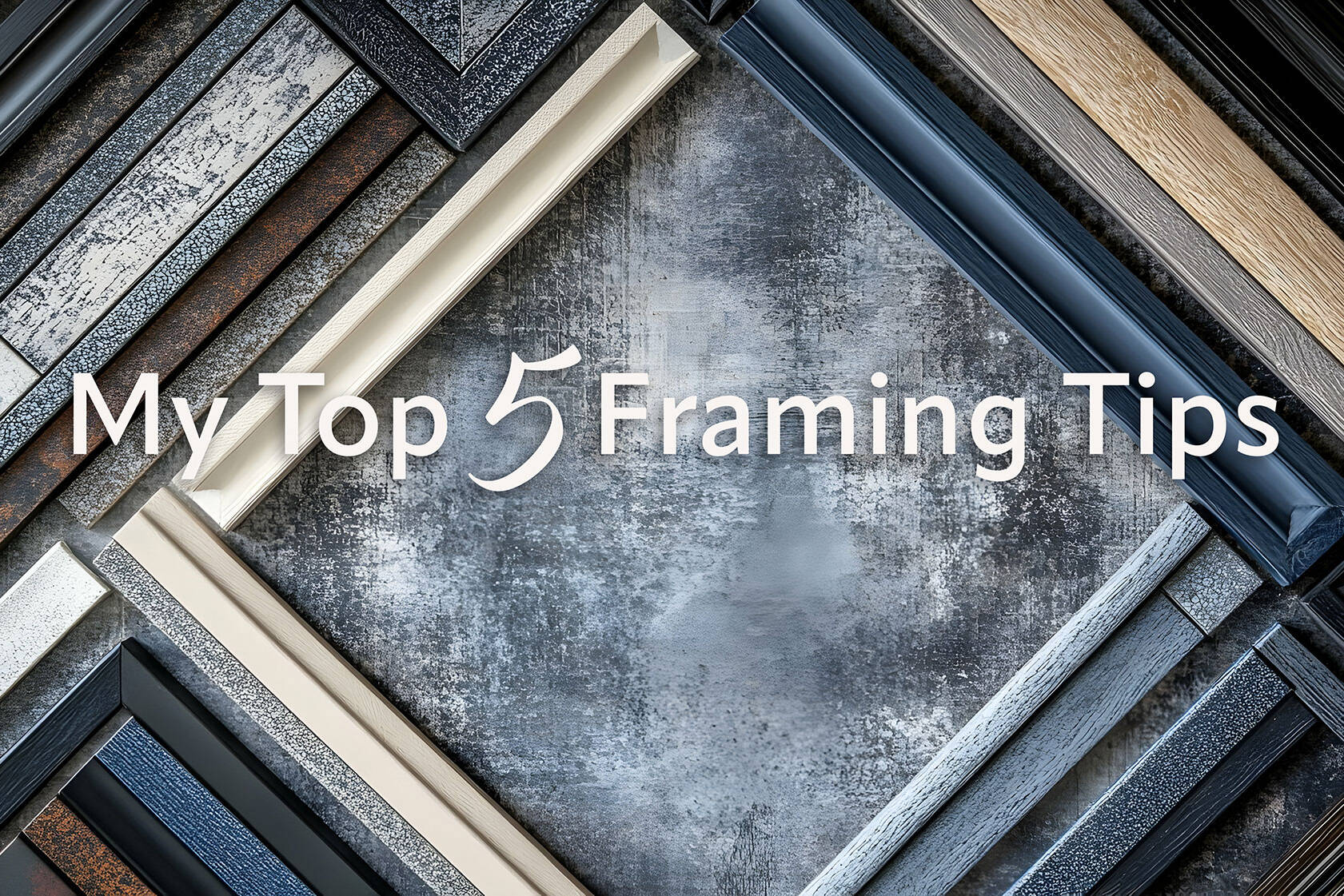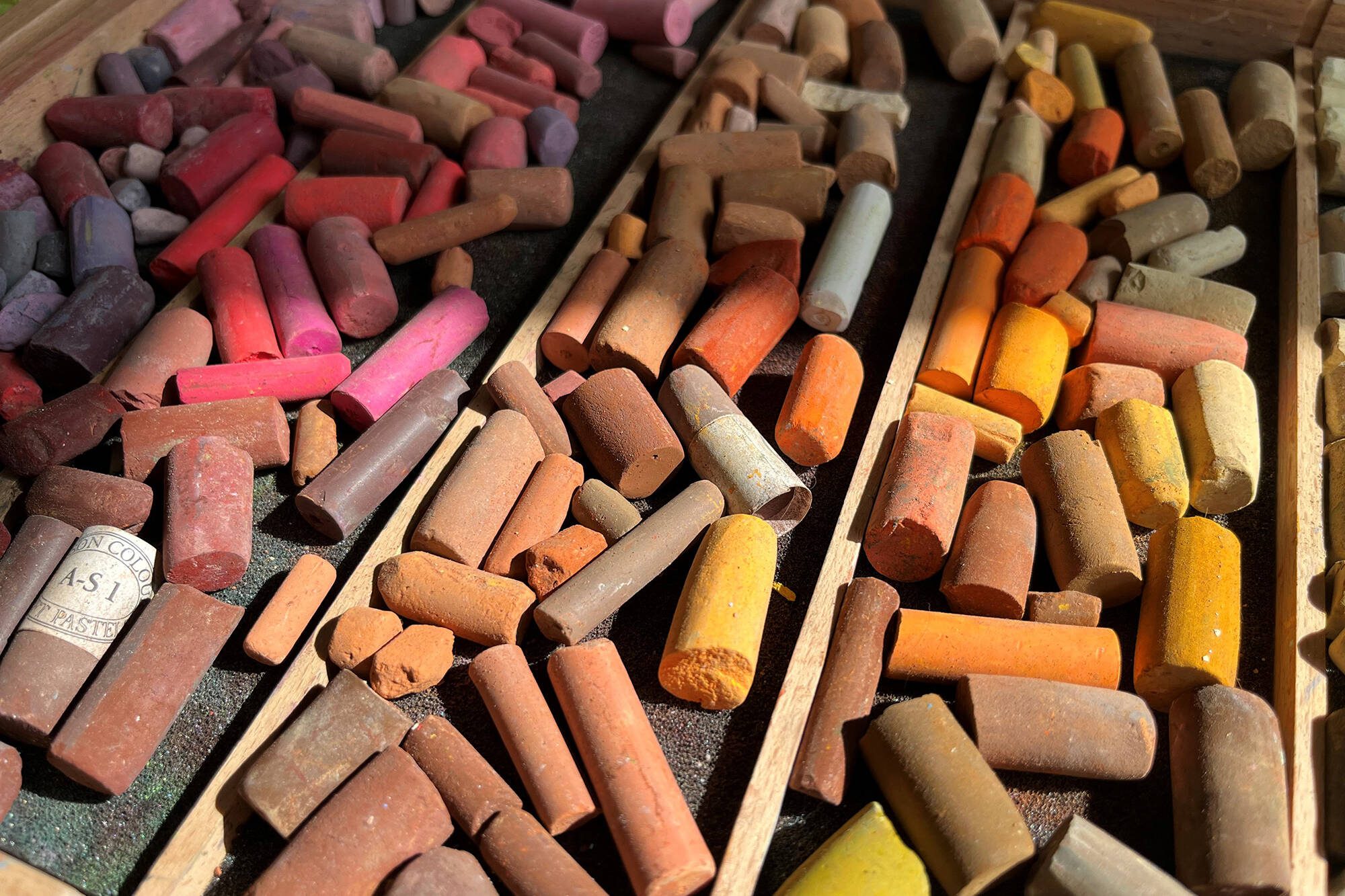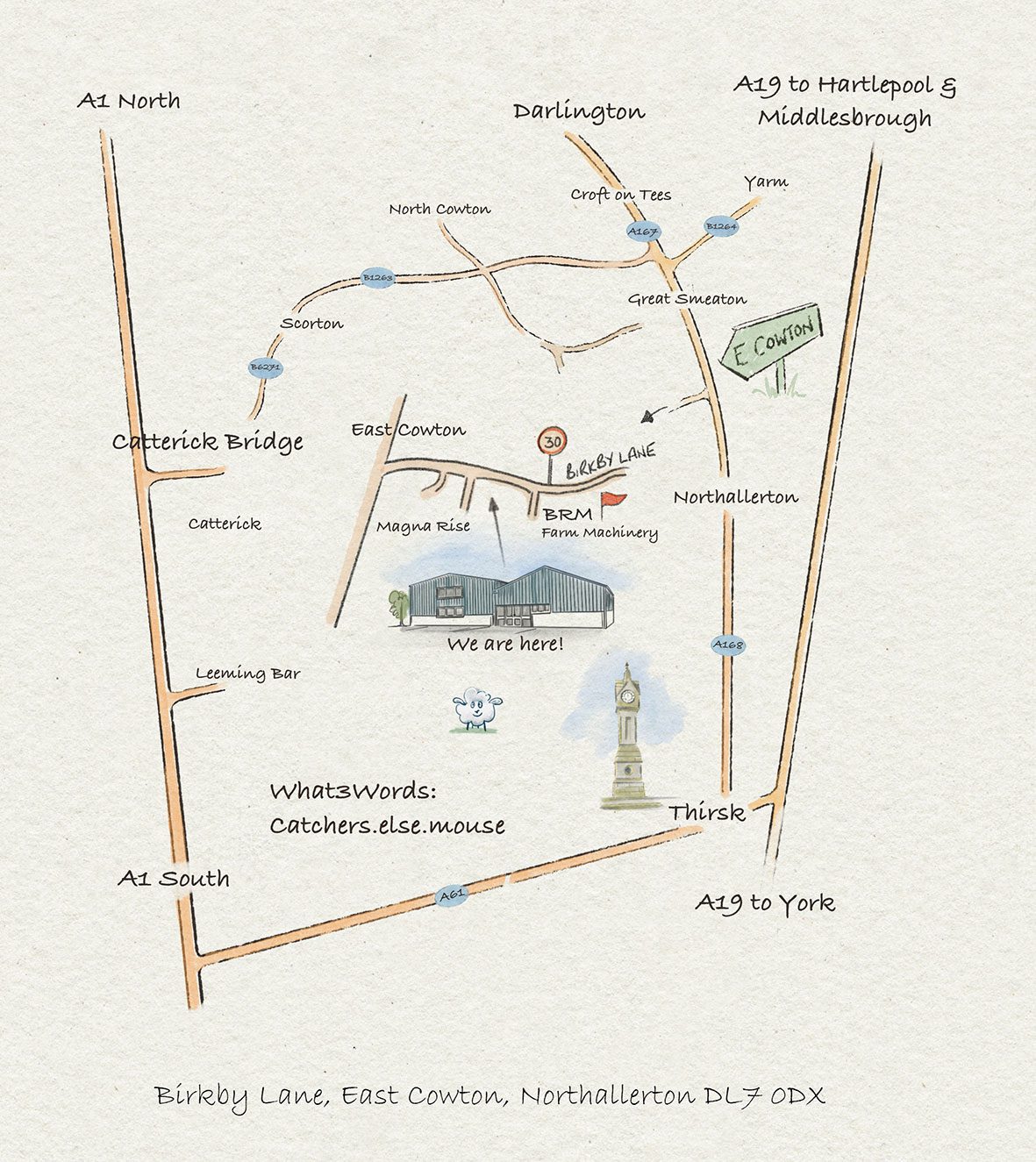My aim is to persuade you that we can tune in to a new playlist, one that encourages and enhances our creative values. And, in the process rid ourselves of the “belief” that we’re just not good enough, accepting instead, that the link between what we believe and what we create is very profound.
The Hidden Epidemic of Self-Doubt. Impostor syndrome was initially viewed as a psychological reaction that high-achieving women in particular were prone to experiencing. Since its “discovery” in the late 1970’s, psychologists, who as it turns out are at least as prone to this syndrome as you and I, determined that it is apparently equally distributed among men and women, and significantly across all of society. Further research provided scientific explanations, scales of measurement, definitions, statistics and management theories; though stopped short of a clinical diagnosis for this syndrome.
Why Learning Feels So Different From Mastering. Have you ever wondered why trying a new skill for the very first time is often a radically different experience to intentionally developing competency in that same skill? One is almost always great fun, while the other is often fraught with frustrations and littered with intrusive thoughts of abandoning the whole project. One crucial difference, which draws us closer to understanding impostor syndrome, is how we are judged – by ourselves and others, and especially by judges who we perceive are competent in the skill we are seeking to acquire.
Our expectations as absolute beginners attempting a new skill are open and free of fear, it is purely a learning experience, and usually accompanied by irreverent self-mocking judgements of our own awkward first attempts – what do we expect? Even abject failure is often free from critical judgement, and simply shrugged off with a shameless smile. We see expert judgements of our frequent mis-steps in early learning as constructive, and freely accept them in the spirit offered. It is this fearless “beginners mindset” that we should aspire to maintain throughout all our creative endeavours.
Fear: the Enemy of Creativity. Unfortunately, in Western cultures in particular, the prevailing sentiment around judgements of our “work” is one of fear. Fear deadens creativity, it is a formula for “more of the same”; production over creation. Fear wraps us tightly to the centre where conformity of outcome to often unfounded or unreasonable expectations is prized above all. As a consequence the model that we use for judgement is critically and fundamentally flawed, whether we are judged by ourselves or others it is frequently to standards and values that are bounded by fear.
We feel this as a rush to “mastery”, an impossible cultural absolute, that has us grasping expectantly toward outcomes way beyond our reach, leaving us dangling in a perceived state of constant failure to achieve. These cultural pressures loosen our grip on what we believe that being truly creative feels like; is it any wonder that many creative people fall into self-doubt?
Imagine Yourself Creative. Fear-less and free from any kind of value judgement. Feel it, see it, say it, sketch it, write it, ponder it. Now, take a moment to believe it. And when you’re ready, ask yourself: if I fearlessly strive to realise my imagined creative potential, persisting in my creative adventure alongside the ever present risk of failure, and the price it demands of me – is this a definition of an impostor, even by the wildest stretch of the term?
Now, consider an unfortunate victim of our cultural conditioning, one who stifles their creative impulses being vaguely aware that the gap between the required outcome, and their current ability to create it, is intolerably large. They find the price of humility too high – the deflation of their creative expectations, instead they suppress their creative urges, withholding them for some grand creations at some unspecified time in the future.
This fate awaits any of us, tripping over our self-doubt rather than humbling ourselves in the face of a demanding creative endeavour, where the challenge is simply to persevere – day after day. And here we have a powerful ally – hope. Hope, has been wisely said to have a “tender, graceful audacity” one which leans toward the future, searching for movement; and if we act in this way we will always find signposts for our creativity.
While accepting that I am guilty here of an over-simplification: I maintain my claim that self-doubt can have no lasting power over anyone who strives honestly to bring their creative impulses into the world. I’m sure that the irony is not lost that those who are convinced of their artistic grace and yet subdue their creative instincts into a lifetime of “could-be artistry”, are, however, seemingly spared any doubts of their artistic worth, and appear immune to the agonies of the impostor syndrome.
So, the next time you hear that strident inner critic, simply imagine yourself courageous and creative. Remember that creativity is not a rare gift withheld for a special few, we are all born with an instinct to create – and that bullying voice you hear is a self-censoring fearful echo of a culture that represses the truly creative in favour of the merely productive. To create freely has always been an act of rebellion.
As a final thought: Be Audacious. I’m sure we’re all familiar with Picasso’s quote “It took me four years to paint like Raphael, but a lifetime to paint like a child”, which is at least in part about those wonderful humans who for a while at least are free to be tender, gracious, and most of all audacious – in this vast, beautiful and creative world.
Related Posts
Me, Myself & AI – Art in An Artificial Age
Sticky
Artificial Intelligence - is it just another over-hyped technology which once…
Imagine Yourself Creative – It’s Easier if You Believe.
When we think of what it takes to be creative, we often picture someone else.…
Framing Made Easy(er) – My Top 5 Framing Tips
Over the years, I’ve noticed the same questions and challenges come up again…
These are a few of my favourite (art) things – wrapped up in brown paper and string. Pt 1.
There’s something undeniably lovely about brown paper and string. Maybe it’s…

